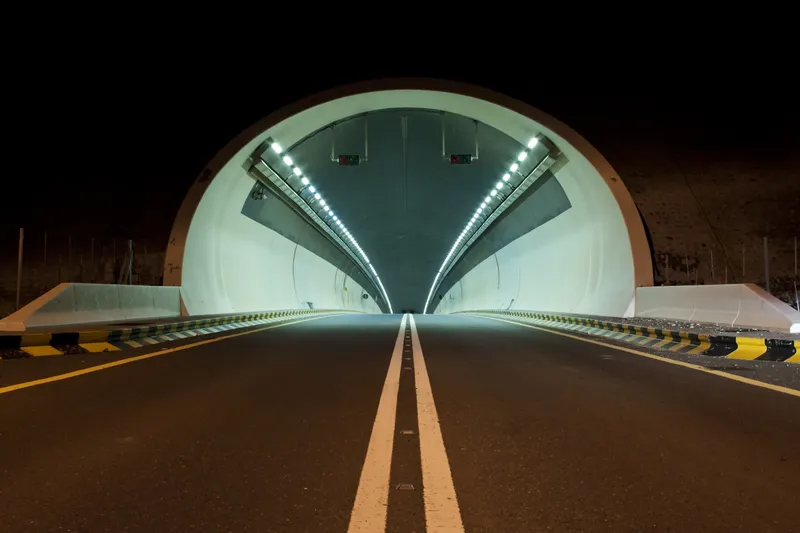The contracts represent two of the five contracts that will see London’s traffic signals upgraded to the latest energy-saving technology, as well as expanding the use of intelligent traffic signals and new crossings for pedestrians and cyclists. Worth in total around US$525 million for up to eight years, the five contracts cover over 6,200 traffic signal sites, 149 variable message signs (VMS) and 56 over-height vehicle detectors across the capital.
From the Olympic Park to the City of London’s square mile, the two contracts awarded to Siemens represent an increase of more than double the number of sites currently being maintained by the company and over one third of all TfL traffic control sites across the capital. The contracts also include Europe’s largest shopping complex, Westfield Shopping Centre and planned new schemes for the replacement and upgrade of 30 signalised junctions at Tottenham Court Road, the replacement and upgrade of ten signalised junctions at Kings Cross and Bishopsgate, Brent Cross regeneration and a new Cycle Super Highway
Dana Skelley, director of Asset Management at TfL, said: “London is world-leading when it comes to traffic signals management and our new contracts will allow us to remain at the cutting edge of traffic control technology. We have a range of works planned to improve traffic signals across London and we look forward to working hard with our partners to implement them.”
Commenting on the substantial increase of maintenance activity and capitals works for TfL, Tom MacMorran, Sales and Marketing director at Siemens, said: “By upgrading a number of signalised junctions to the latest, energy-saving technology and continuing the roll-out of energy efficient light emitting diode traffic lights to further reduce costs and associated emissions across London, the new contracts will deliver significant cost savings to TfL.”
Financial savings made through the contracts will be shared between TfL and the boroughs to help accelerate the delivery of further improvements to London’s road network.
Siemens awarded TfL maintenance contracts
Siemens is to maintain traffic control equipment in the north and north-east London regions under two new traffic control maintenance services contracts awarded by Transport for London (TfL).
The contracts represent two of the five contracts that will see London’s traffic signals upgraded to the latest energy-saving technology, as well as expanding the use of intelligent traffic signals and new crossings for pedestrians and cyclists. Worth in total around US$525 million for up to eight years, the five co
August 27, 2014
Read time: 2 mins








